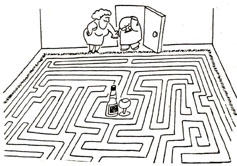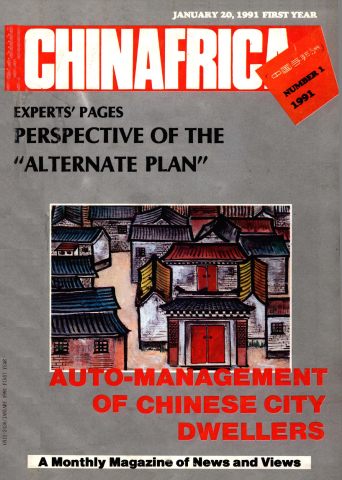The Spring Festival—the Chinese New Year—is undoubtedly the most joyful day in China and its liveliness just as exciting as Christmas in the West. But in ancient times, people were divided between joy and worry as they waited for the New Year to come, while Westerners cheerfully waited for gifts from Father Christmas.
According to Chinese customs, the eve of New Year’s day symbolizes the departure of the current year and the arrival of the new year; people prayed fora happy year to come while celebrating the end of the current year. But often, shadows and worries pervaded the ceremonies. That day, in all homes, lamps shone all night, and many a person spend a sleepless night. At the same time, firecrackers were let off, proverbs and poems were written on strips of red paper and glued to the door’s posts, along with portraits of the house gods. All this was meant to ward off misfortune and frighten away monsters.
These traditions have their roots in very ancient beliefs. For instance, the ancestors of the Chinese hated obscurity, thinking it a punishment for misdemeanours. This explains why they were so scared when the moon did not come out on the eve of the new year. They also believed that old things could become immortal and that immortal spirits wandered about on the last day of the year.
The irrational fears originating in these popular beliefs found their counterpart in real life: every end of year, landowners and usurers forced the poor to pay back their debts. The last day of the year was thus a very difficult time for many people. If they could settle up their debts, the year end would be happy.
Though many of these customs still exist today, the fear of the year end has disappeared and the Spring Festival has now become a festival in the true sense, that is, a time of convivial celebration.

‘You can drink when you get there.'


 Copy Reference
Copy Reference 